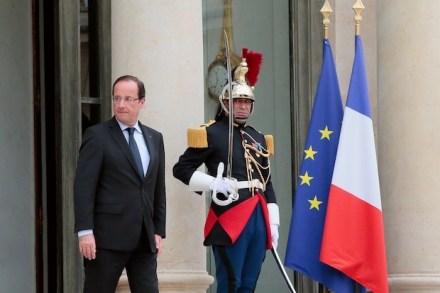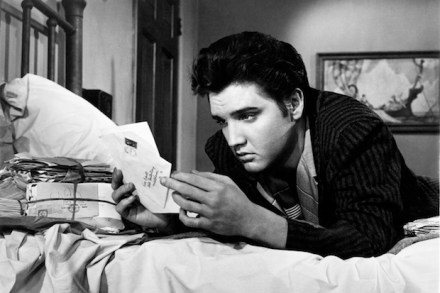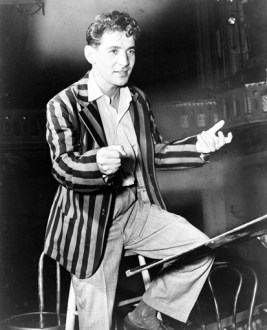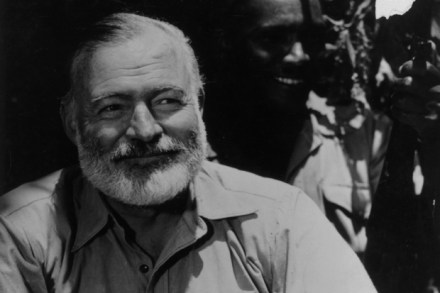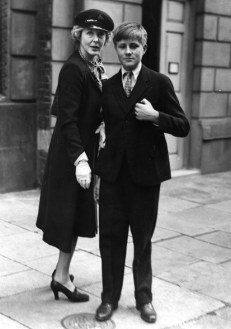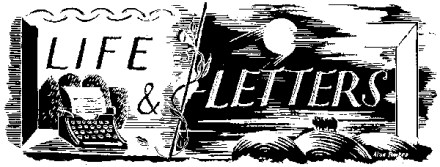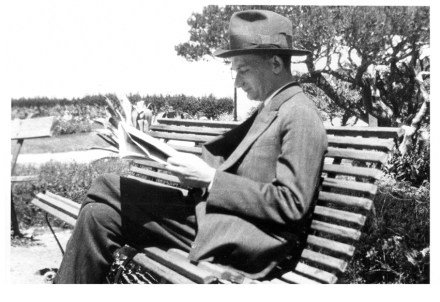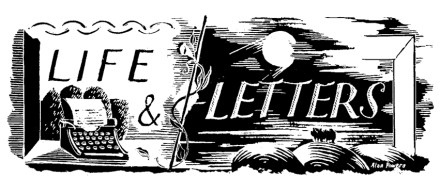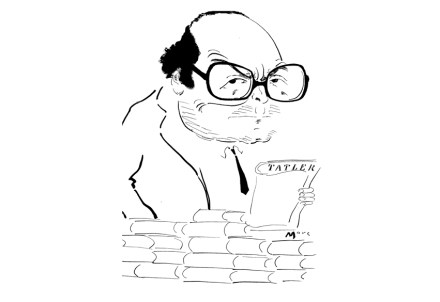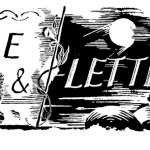Why won’t suspected terrorist John Downey be tried?
The Hallett Review was published yesterday. This is the review ordered by the Prime Minister in February after the collapse of the trial of John Downey. Readers will remember that Downey was about to face trial over the 1982 Hyde Park bombing – in which four British soldiers were murdered – when his lawyers produced a letter from the Police Service of Northern Ireland saying that Downey was not being sought for any offences. This opened up the remarkable discovery that unbeknown to most people involved in the political process in Northern Ireland: that such ‘amnesty letters’ had been sent to almost 200 ‘on-the-runs’ (people being sought for terrorism offences



